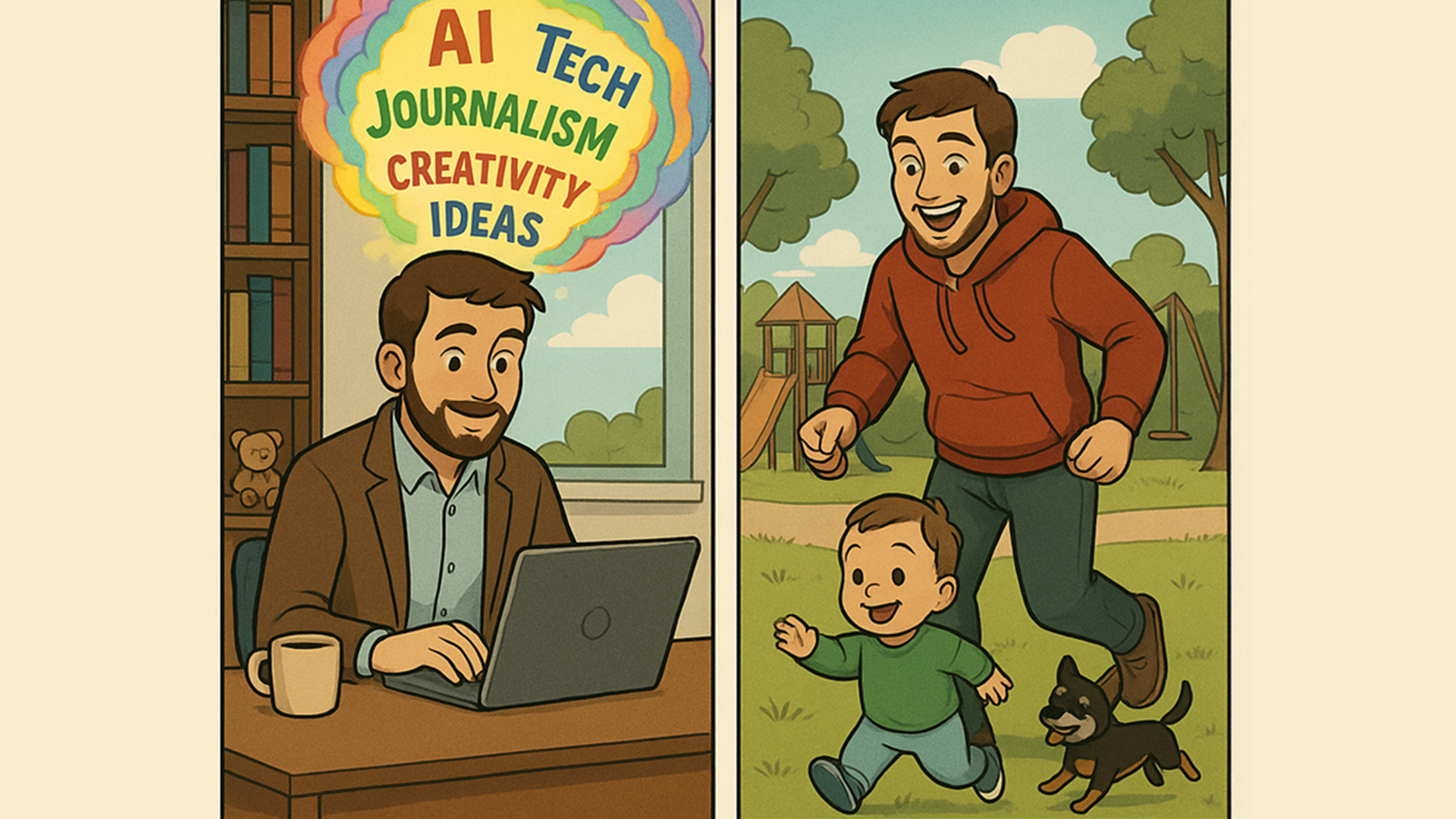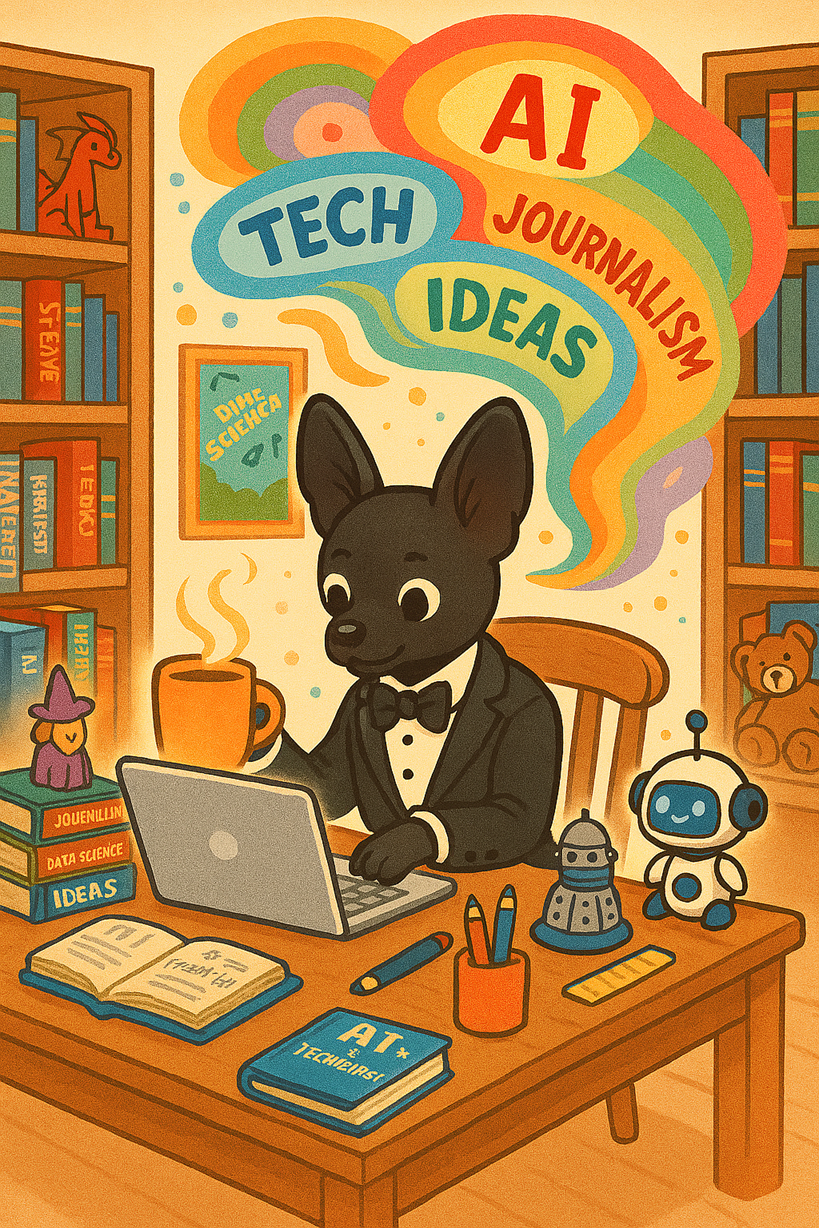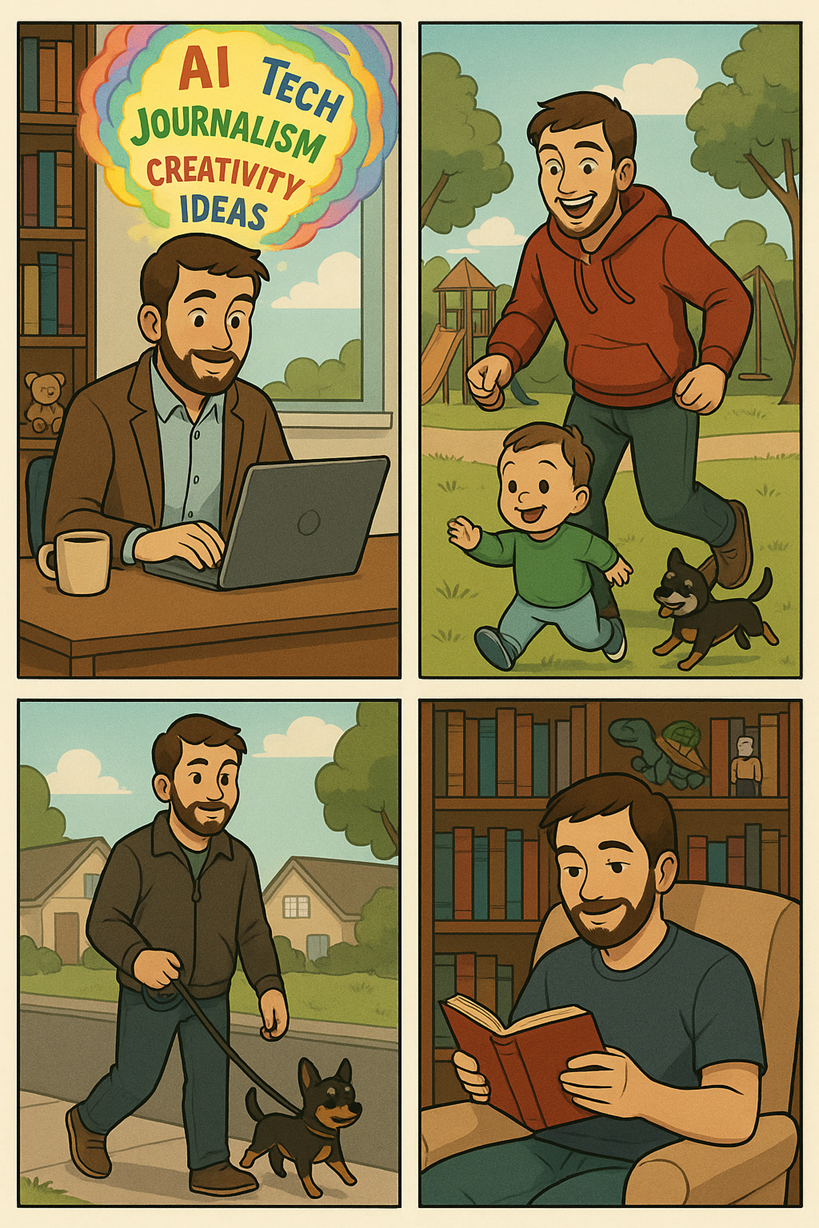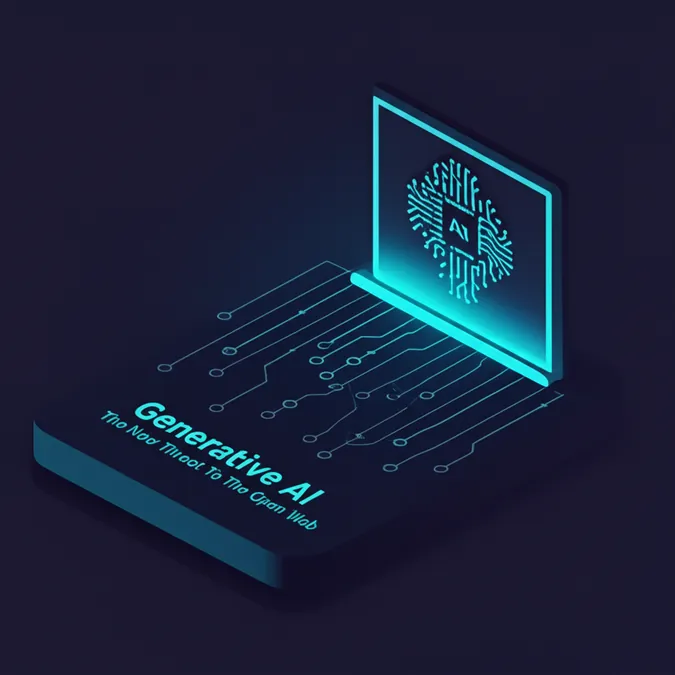Developer Offer
Try ImaginePro API with 50 Free Credits
Build and ship AI-powered visuals with Midjourney, Flux, and more — free credits refresh every month.
How I Taught ChatGPT to Accurately Picture My Life
 (Image credit: ChatGPT)
(Image credit: ChatGPT)
After an interesting experiment where I explored what ChatGPT thought about my favorite fictional characters, I became curious about how well the AI could describe me in other ways. I stumbled upon a Reddit post showcasing the AI's surprising ability to create an image of someone's life based on its memory. Intrigued, I decided to try it myself, prompting ChatGPT: "Make an image that describes my life based on what you know about me."
Given all the details I've shared with ChatGPT through various tests and personal use, I had high hopes for its accuracy. I pictured an image of me writing, maybe spending time with my young son, or cuddling my dog in the park. The reality was quite different, and frankly, hilarious.
The Hilarious First Attempt
ChatGPT's first attempt seemed to conclude that I am, in fact, my dog. It generated an image of a humanoid dog, impeccably dressed in formal wear, busy writing. To top it off, it gave me a small pet robot, likely a nod to my interest in AI and robotics.
 (Image credit: ChatGPT)
(Image credit: ChatGPT)
As charming as this cartoon was, it suggested I'd mentioned my dog, Cabbage, and worn tuxedos a bit too often in our chats. I was impressed that the AI wove in references to my favorite sci-fi and fantasy series, but I was also amused that it missed the crucial detail that I am a human. I knew a refresh would give me a different image, but I saw this as a perfect opportunity to teach the AI and refine its understanding of me.
Correcting the AI's Memory
ChatGPT features a memory function that learns from your conversations over time, and you can edit it manually. This isn't some invasive surveillance; it only remembers what you tell it, and you have full control to delete or modify this information. The goal is to create a more personalized experience, so you don't have to reintroduce yourself in every new chat.
I realized it had been a while since I'd checked my memory settings. So, I took a moment to make some corrections. I told ChatGPT several key facts: I am a human, not a dog. I am a technology reporter specializing in AI. I have a wife, a young toddler, and a chihuahua named Cabbage. I clarified that while Cabbage is a wonderful dog, she does not wear tuxedos or write articles for me (as much as I might wish she would). I also updated my hobbies and how I spend my time.
After ChatGPT confirmed it had saved these new details, I was ready for round two. I asked it again to create an image depicting my life.
A Much More Accurate Picture
 (Image credit: ChatGPT)
(Image credit: ChatGPT)
With its newfound knowledge, ChatGPT delivered something completely different: a comic strip showing a day in my life. The first panel showed me—as a human, appropriately dressed—writing an article. Subsequent panels depicted me playing with my child and dog in the park, walking the dog, and finally, relaxing in a chair with a book. It was a fantastic and much more accurate depiction of my life. Most importantly, it correctly identified me as the human in the equation.
Why Personalizing Your AI Matters
While ChatGPT is incredibly powerful right out of the box, it can sometimes produce amusingly incorrect results. To get the most out of it, you may need to provide some background information and be intentional about what you teach it.
This means using the memory feature to curate its understanding, correcting what it gets wrong and reinforcing what it gets right. Think of it as training your own personal digital assistant. Once the AI has a better grasp of who you are, it can provide more relevant and helpful suggestions for everything from vacation planning to gift ideas. You don't need to share your deepest secrets, but a little personalization goes a long way. And if my dog Cabbage ever wants a cartoon portrait, she can get her own account.
Compare Plans & Pricing
Find the plan that matches your workload and unlock full access to ImaginePro.
| Plan | Price | Highlights |
|---|---|---|
| Standard | $8 / month |
|
| Premium | $20 / month |
|
Need custom terms? Talk to us to tailor credits, rate limits, or deployment options.
View All Pricing Details

